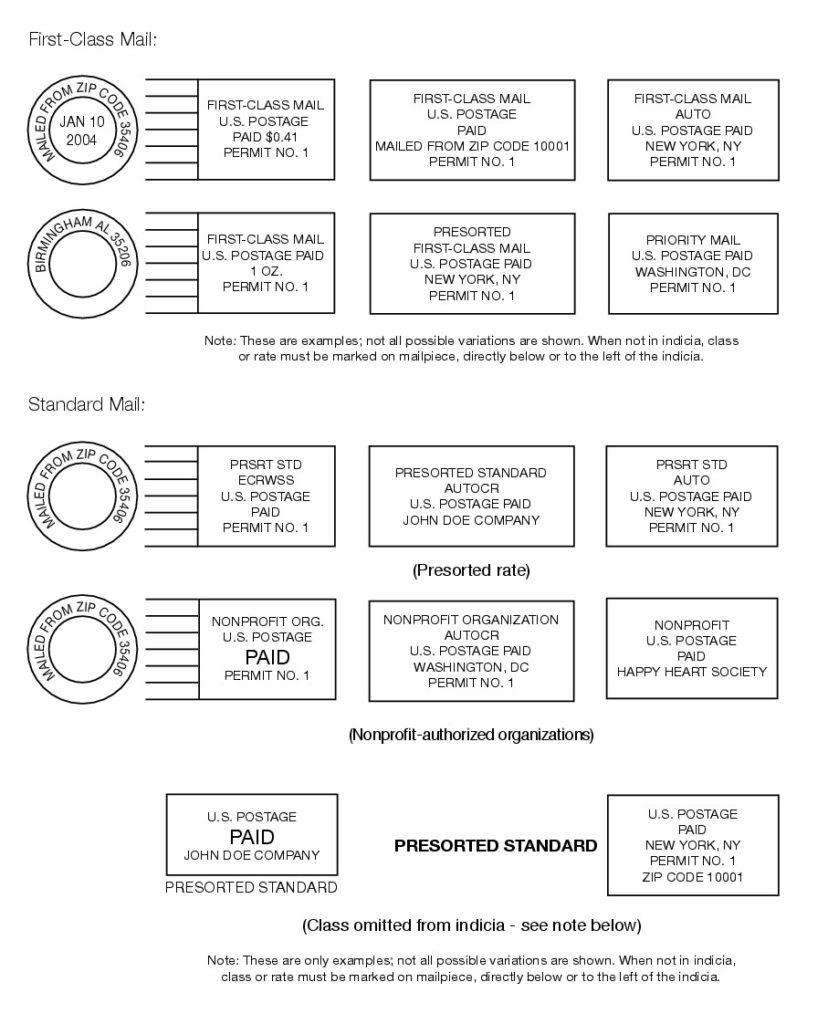The integration of marketing strategy with corporate governance is more than just a compliance requirement. It’s a strategic imperative that ensures accountability and transparency. As organizations strive to build trust with stakeholders and secure a competitive edge, aligning marketing efforts with the principles of good corporate governance can lead to sustainable success.
The Importance of Aligning Marketing with Corporate Governance
Corporate governance primarily focuses on ensuring that businesses operate in a way that is fair, transparent, and accountable, particularly in the eyes of investors and other stakeholders. Marketing, on the other hand, aims at driving business growth by enhancing brand visibility and product sales. By aligning these two facets, companies can ensure that their growth strategies are not only effective but also ethically sound and aligned with broader business goals.
This integration ensures that marketing strategies reflect the organization’s commitment to ethical practices and compliance with laws and regulations. It also means that marketing initiatives must be transparent and contribute positively to the corporate reputation. Marketing should build trust rather than simply pushing for short-term sales gains.
Developing a Framework for Integration
1. Establish Clear Guidelines: The first step in integrating marketing strategies with corporate governance is establishing clear guidelines that dictate how marketing activities contribute to the company’s overall governance goals. These guidelines should address aspects such as compliance with advertising laws and ethical advertising standards.
2. Ensure Board Oversight: Effective integration requires that the organization’s board of directors have oversight over marketing strategies. The board should not be getting involved in day-to-day marketing decisions. They should be ensuring that marketing practices are in line with the company’s ethical standards and long-term objectives.
3. Enhance Transparency: Marketing campaigns should be transparent both internally and externally. Internally, this involves clear communication of marketing strategies and their alignment with corporate objectives. Externally, it means providing relevant parties with accurate information about products and services, marketing practices, and the impact of these activities on the company’s performance.
4. Foster a Culture of Accountability: Accountability in marketing involves taking responsibility for the outcomes of marketing strategies and their impact on the company’s reputation and stakeholder trust. This can be achieved by setting measurable targets for marketing activities and assessing these against ethical standards and business goals.
5. Regular Auditing and Reporting: Regular audits of marketing practices help ensure compliance with corporate governance standards. Including marketing metrics and outcomes in corporate reports makes the process transparent and accountable to all stakeholders.
Benefits of Integration
1. Enhanced Corporate Reputation: When marketing strategies are governed by ethical practices, they enhance the company’s reputation. A good reputation builds stakeholder trust. This is critical in today’s market environment where consumers are more aware and concerned about corporate ethics.
2. Improved Risk Management: Integrating marketing and corporate governance helps identify and mitigate risks associated with non-compliance and unethical marketing practices, which can lead to serious legal and financial consequences.
3. Better Stakeholder Relationships: Transparent marketing strategies ensure that stakeholders are well-informed about the company’s practices, leading to stronger relationships with customers, investors, and regulators.
4. Increased Long-term Value: By aligning marketing strategies with corporate governance, companies can ensure that their growth strategies contribute to sustainable value creation, benefiting shareholders and other stakeholders in the long run.
Integrating marketing strategy with corporate governance is not just about compliance—it’s about positioning the company for sustainable growth in an increasingly complex and scrutinized business environment. This integration fosters a culture of accountability and transparency, which are indispensable for building trust and achieving long-term success. Organizations that embrace this integration as a cornerstone of their operational philosophy are well-placed to meet the challenges of the modern marketplace while upholding the highest standards of integrity and ethical conduct.










